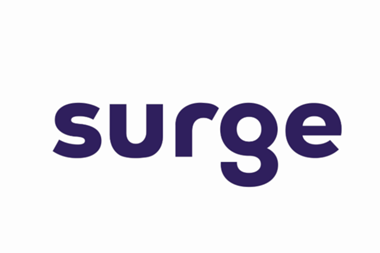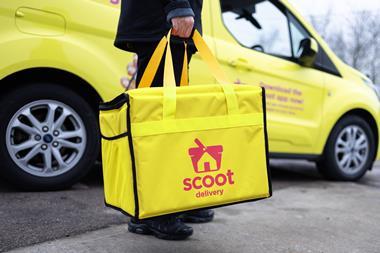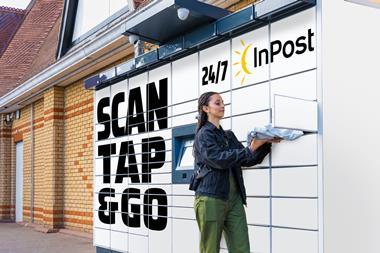
The Association of Convenience Stores has submitted evidence to the Government’s consultation on the development of an online sales tax (OST), calling on the Government to reduce business rates for retail properties.
In the submission, ACS highlights the current imbalance in the way that businesses are taxed, with physical stores being at a disadvantage compared to their online counterparts, believing that the introduction of an online sales tax that funds reductions in business rates would take significant steps toward redressing the balance between online and bricks and mortar retailers and give retail outlets more opportunities to inves
Key recommendations in the submission include:
- Click and collect orders should be exempt from the online sales tax, as they encourage consumers to visit physical retail stores
- The online sales tax should be based on revenues, rather than a flat fee
- Business to business sales should be excluded from the online sales tax
- Smaller online businesses (those who generate less than £1m of online sales revenue) should be exempt from the online sales tax
ACS chief executive James Lowman said: “An online sales tax will help businesses trading on high streets, towns and villages across the UK to invest and grow, benefiting local communities, but it is just one of many changes needed to the business rates system.”
“We urge the Government to consider the online sales tax and will continue to work with officials on the detail of the policy and the Non-Domestic Rates Bill that was announced in the Queen’s Speech earlier this month.”
In the submission, the ACS said that Business rates represented a significant and growing cost burden on its members, and it welcomed the discussion about the development of an OST, and other policy mechanisms, that would contribute to reducing the cost of business rates on convenience retailers.
The ACS stressed that failure to address the burden of business rates through an online sales tax, or other policy interventions, would have an impact on the services available to communities across country in the future. The fiscal neutrality of business rates means that the tax burden would continue to grow on physical retailers without action from the Treasury to develop a tax system that reflects changing operating models in the economy.

































No comments yet